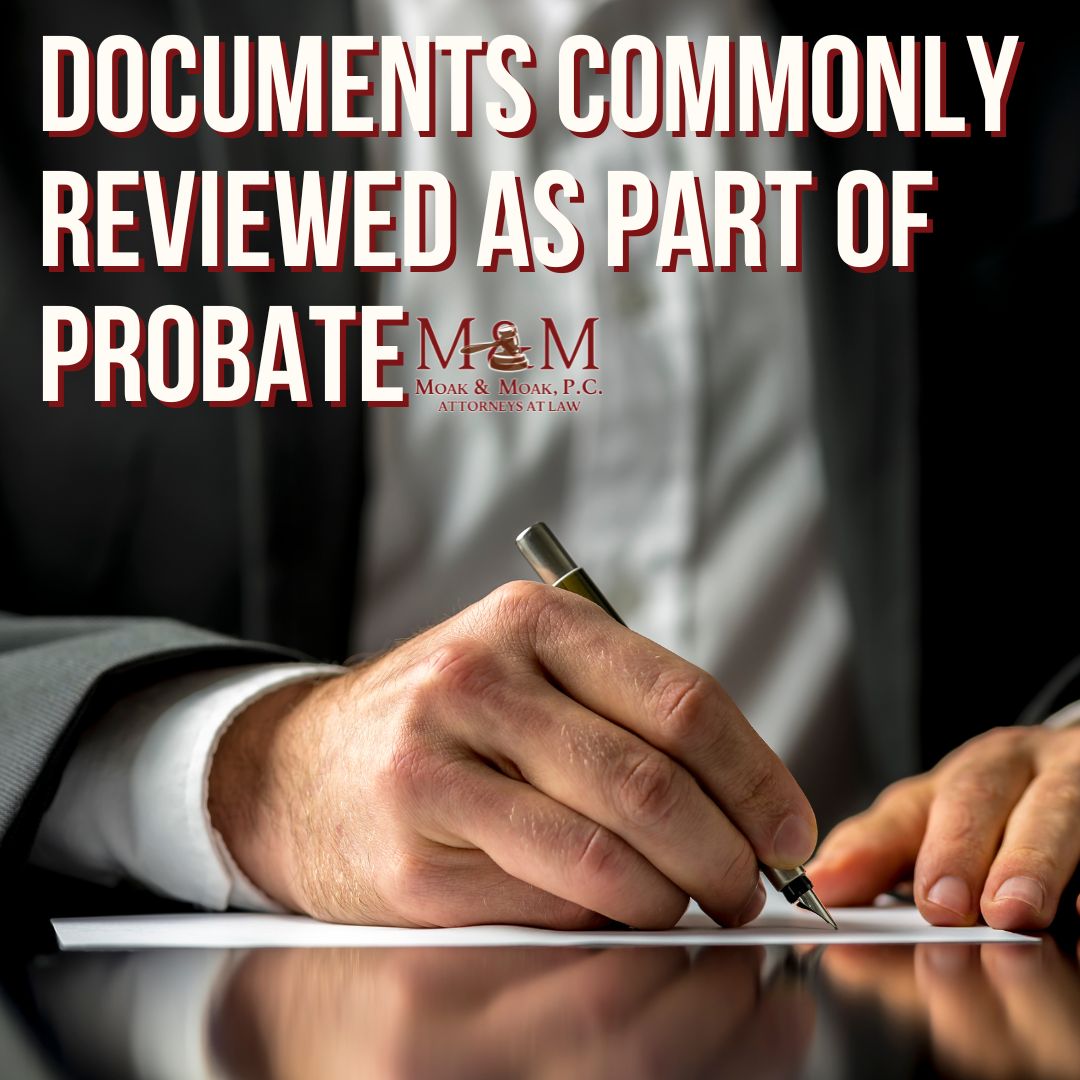You may not be aware of this, but attorneys are required to participate in continuing legal education. The State Bar of Texas requires each attorney to participate in 15 hours of continuing legal education each year. However, if you participate in over 33 hours each year, you will qualify for membership in the State Bar College. For over 20 years I have attended the State Bar of Texas’ Advanced Estate Planning and Probate course as a part of my continuing legal education. This is a comprehensive course dealing with new developments in this area of the law over 25 plus hours. In addition to the Advanced Estate Planning and Probate course, I participate in the Advanced Real Estate course and obtain well over the 33 hours required to keep my standing in the State Bar College.
Every year I learn a great deal that helps with the details of my practice. However, sometimes the small lessons are the most beneficial. For example, one of the things attorneys take for granted is that our clients understand the probate process and what is needed for probate. I was reminded of this fact when, while probating an estate, a very inquisitive client asked about the probate process and so we spent some time reviewing the process so that she would better understand what was being done. Therefore, in this week’s column, I thought I would review some of the documents which are common in the probate of an estate.
Organization is critical for managing any estate. Even for a modest and simple estate, there can be a considerable number of transactions and much correspondence. For any estate, there is always the risk that a beneficiary or other person may question the actions of the executor. Thus, the executor should take steps to organize correspondence and other paperwork, keep records of all financial transactions, calendar key deadlines and review checklists to monitor the progress of the estate settlement.
Assembling the documents. One of the first steps any executor should take is to obtain and review, with legal counsel if necessary, all the pertinent legal documents that may affect the estate.
Living Will, health care proxy. These may provide important information as to burial requests, funeral services and so on.
Powers of Attorney. Powers lapse on death. However, if a third party in good faith and without notice of death completed a transaction under the authority of the power of attorney, it may still be valid. If any significant transactions were completed near the time of the decedent’s death, you may want to investigate them.
Will. This document gives the executor instructions on how to distribute the estate. The executor must follow, as far as legally possible, the wishes of the decedent expressed in the Will.
Revocable living trust. If a revocable living trust exists, then the trust, in combination with the Will, should govern most transactions. Be alert for any issues that may arise because of the use of two documents. Generally, they are not drafted in a style that is easy to read, much less understand.
Letter of instruction. Any personal notes to provide guidance to you as to how the decedent would want you, as executor, and any trustees to handle matters can be quite helpful, even if not legally binding.
Inventory. Not all estates are required to file an inventory with the Court, however, preparing one is essential in making sure all the assets of the decedent have been accounted addressed. The items necessary for preparation of the Inventory are as follows:
1. Copies of deeds to any real estate owned by the decedent as of the date of their death; copies of all mineral leases or royalty agreements; records of payments received during the preceding year for mineral leases or royalty agreements or 1099’s received for the preceding year;
2. Copies of bonds, including Series E bonds, and stock certificates owned by the decedent and whether they had pay on death, beneficiary or survivorship designations;
3. Statements, checks, and deposits for the month of decedent’s death for each bank, savings and loan, or credit union checking or savings account, and copies of all certificates of deposit owned or held by them, and whether those accounts had pay on death, beneficiary or survivorship designations;
4. Statements for the month of the decedent’s death for any investment accounts, IRA’s or retirement accounts owned by them, and the pay on death, beneficiary or survivorship designations for those accounts;
5. Copies of all notes, accounts, and judgments payable to the decedent;
6. Copies of the titles to any automobiles, boats, or other motor vehicles;
7. Copies of the declaration page and beneficiary designation on all life insurance policies;
8. Description or record of any other assets held by the decedent.
As I stated, there are certain criteria that, if the estate meets, then an inventory does not have to be filed and approved by the court. However, bringing all of the above to your attorney will help verify that all assets have been accounted for and what steps need to be taken to transfer the assets. I find it is a very good check and balance system.
If you are handling the estate of a loved one, then gather as much of the above information as you can and take it to an attorney who practices in the area of estate planning and probate. They will be able to answer your questions and guide you through the probate process.

